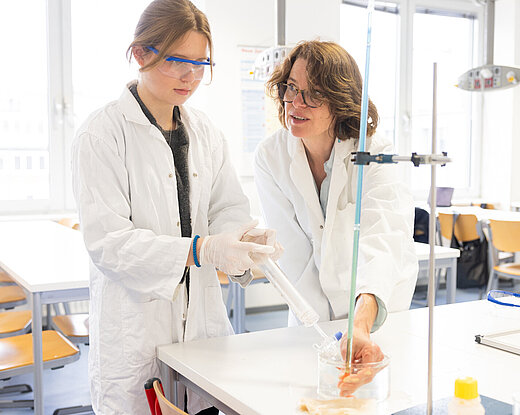Events
Application
Events
Application
In our international school community, learning is about more than academic achievement. It is a place where children grow as individuals. Through regular interaction and collaboration, they develop important social skills and strengthen their intercultural competence. They learn to value different perspectives, practise empathy and build mutual respect. These are essential qualities for shaping a peaceful and connected world in the future.
Our level leaders provide reliable support throughout the school years. They accompany the students personally and consistently during their entire school time and serve as fixed contacts for parents, teachers and of course the students themselves. Their role goes beyond school matters to include social and personal development. With a holistic view of each student's learning journey, they monitor individual progress. Continuous exchange and close communication ensure that challenges are identified early and resolved together.
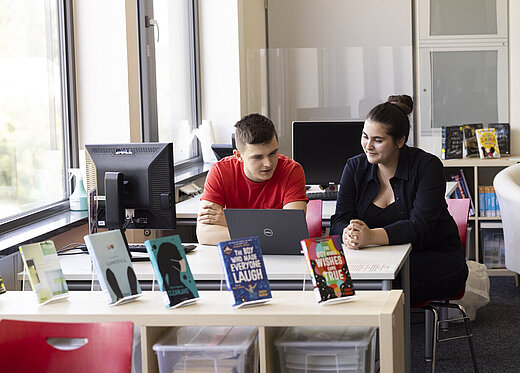
In Year 5, the transition from primary to secondary school is a major step. Our school administrators provide intensive support to ensure a good start for every child.
Focal points:
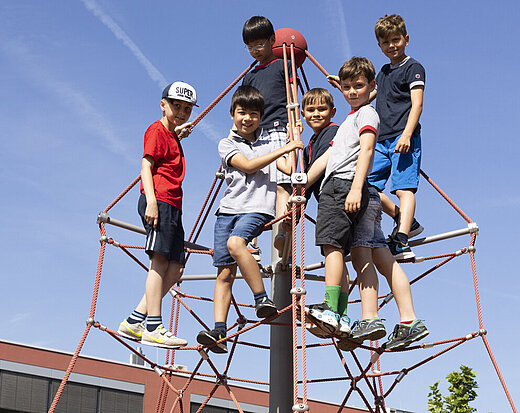
In Year 6, the goal is to deepen self-confidence and consolidate learning structures. The level leaders actively support this phase by promoting personal responsibility and self-organization.
Focal points:
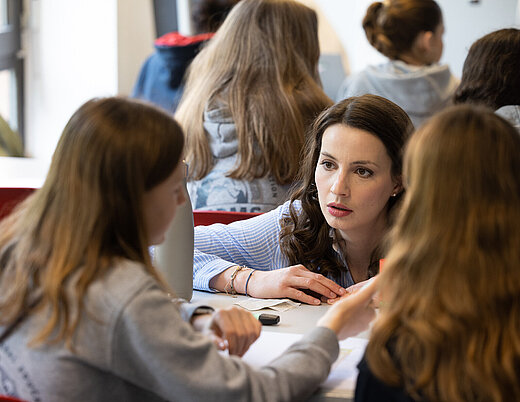
Years 7 and 8 bring puberty with new questions, challenges and dynamics. The stage leaders create space for personal development and accompany this sensitive phase with great experience.
Focal points:
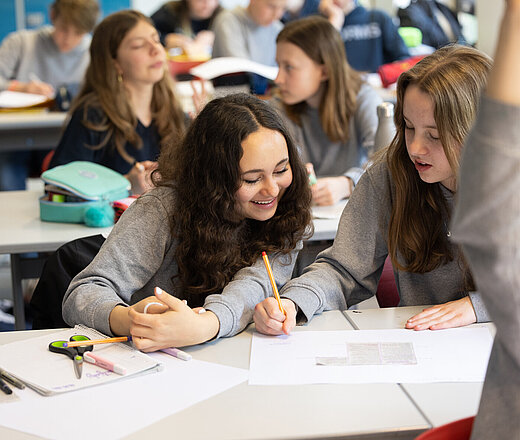
In Years 9 and 10, the focus shifts toward the personal future. The stage leaders help students recognize their individual strengths and prepare for important transitions.
Focal points:
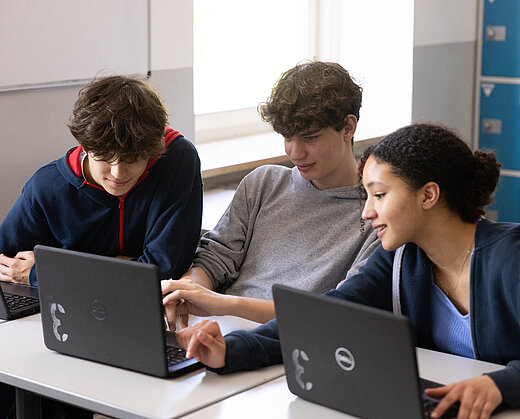
During Years 10 to 12 or the E-phase and Q4, the head of the higher school accompanies students on their way to the Abitur and beyond.
Main focus:
